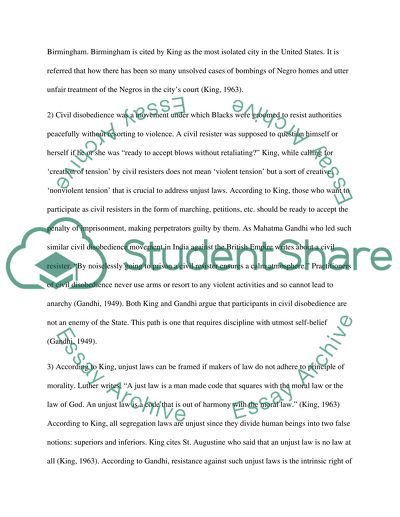Cite this document
(“Midterm Analysis Term Paper. Kazarian, OBrien, and McNeel Paper”, n.d.)
Retrieved from https://studentshare.org/literature/1425303-midterm-analysis-term-paper-kazarian-obrien-and-mcneel
Retrieved from https://studentshare.org/literature/1425303-midterm-analysis-term-paper-kazarian-obrien-and-mcneel
(Midterm Analysis Term Paper. Kazarian, OBrien, and McNeel Paper)
https://studentshare.org/literature/1425303-midterm-analysis-term-paper-kazarian-obrien-and-mcneel.
https://studentshare.org/literature/1425303-midterm-analysis-term-paper-kazarian-obrien-and-mcneel.
“Midterm Analysis Term Paper. Kazarian, OBrien, and McNeel Paper”, n.d. https://studentshare.org/literature/1425303-midterm-analysis-term-paper-kazarian-obrien-and-mcneel.


